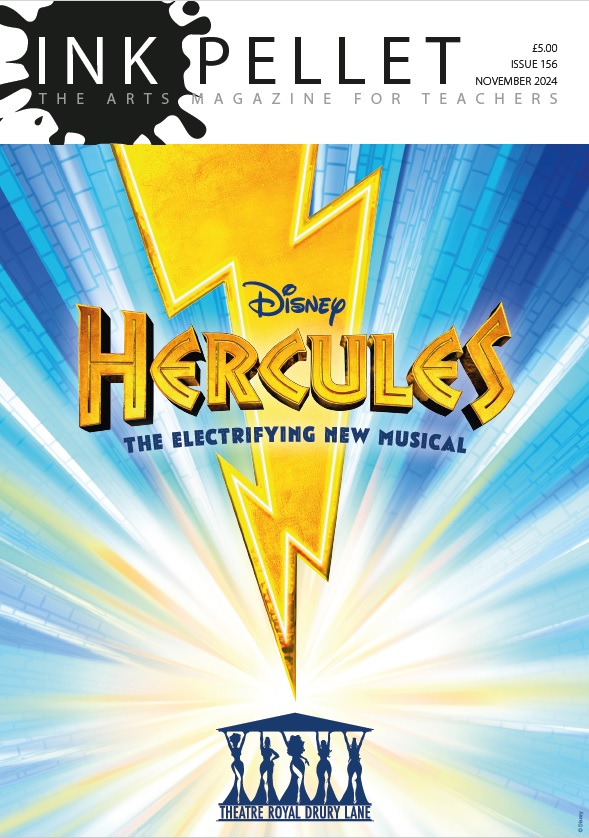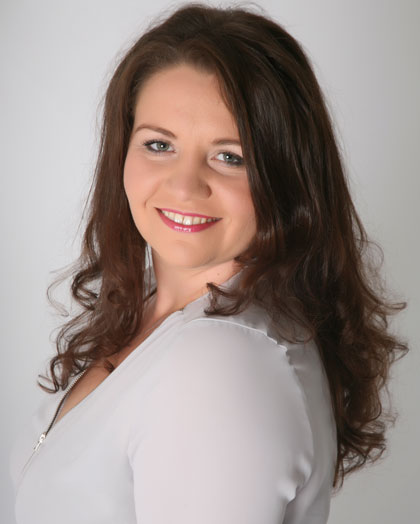Now in its ninth year, Little Voices has been helping children find their singing voices, with the added benefit of developing their confidence in other areas. Susan Elkin investigated this award-winning enterprise.
Everyone can play a musical instrument. And each of us has our instrument with us continually. Anyone – and of course that includes every child – can sing and most music teachers deny the existence of “tone deafness” or anything connected to it. The secret, as Gareth Malone for example, has shown repeatedly, is finding and developing the confidence to use the voice and learning how to do it as well as possible.
Jane Maudsley knows a thing or two about singing and why it’s so important for children to make music. She’s a professional opera singer and graduate of Royal Scottish Academy of Music and Drama (now renamed Royal Conservatoire of Scotland). She teaches singing extensively to 4-18 year olds. “Music has a profound effect on every element of a child’s life” she says. “My job is a total privilege because the work I do fundamentally enhances a child’s confidence, nurtures their talents and sets them up with skills for life”.
Yes, that’s right: skills for life. Lots of independent studies have shown, and Jane Maudsley agrees, that music helps children spiritually, emotionally, mentally and physically. “Music helps to reinforce every school subject” Jane says. “For example it’s a mathematical language and structure. It comes in different styles and forms from across the world so you can build in geography. Music has evolved in eras which can enhance a child’s sense of history.” She doesn’t mention any more but as soon as I’ve finished talking to her I start thinking about the links between music and visual art and literature. The literacy (words, stories and so on) potential is pretty obvious and I remember learning the physics of string instruments in science at school and being fascinated by the way it linked with the violin I was already learning. And don’t forget you use the same breathing strategy for singing as running and the biology of the body is relevant to both.
But there’s more to music than a means to improve your maths. Singing and making music is also a joyful and joyous activity in itself. Look at the shining eyes of children and young people singing, at whatever age or level, in choirs.
So, bearing all this in mind, Jane wanted to find a way of making more singing available to more children than the ones she could teach personally in order to spread the benefits more widely. The result was a company called Little Voices which, with a colleague Holly Hammond, she set up in 2007 in the North West. The idea was to offer singing in the form of after-school clubs to complement the school’s music teaching or to compensate for the lack of it. Fast forward eight years and Little Voices has 35 franchised branches nationwide and last year Jane, a managing director of Little Voices, was judged the Entrepreneur of the Year, which is a national award.
So how do Jane’s classes work? Well for a start they help participants to overcome the fear of performing and then use the skills they’ve acquired to perform as well as possible. “And that’s a lifelong skill which can later be applied to anything” she says, “The discipline of practice instils in a child from a young age how ‘a little at a time’ can lead to outstanding outcomes”.
Not that Jane focuses entirely on practical singing. She also teaches music theory as she goes along so that the children she and her colleagues work with can read and understand conventional musical notation. “We regard the theory as hugely important because it brings so many benefits to children’s all round education,” she says.
I asked her what she thinks about group music examinations because exams of one sort and another have come to dominate the rest of education. “They can provide an end-goal to work towards collectively. They’re a useful way of promoting commitment, dedication, regular practice and good quality teamwork” she says.
Jane stresses, however, that what really matters is teaching children to work with others, to explore language and meaning, to develop characters and to explore emotions. “There is no right or wrong in the arts so children really can explore issues and topics creatively and find solutions which will help them in anything else they do”.
Contact Jane Maudsley BMus, MMus PGDip (performance) MISM via Little Voices website: www.littlevoices.org.uk. She is always keen to talk to likeminded, suitably qualified teachers who might be interested in starting a branch of Little Voices.




